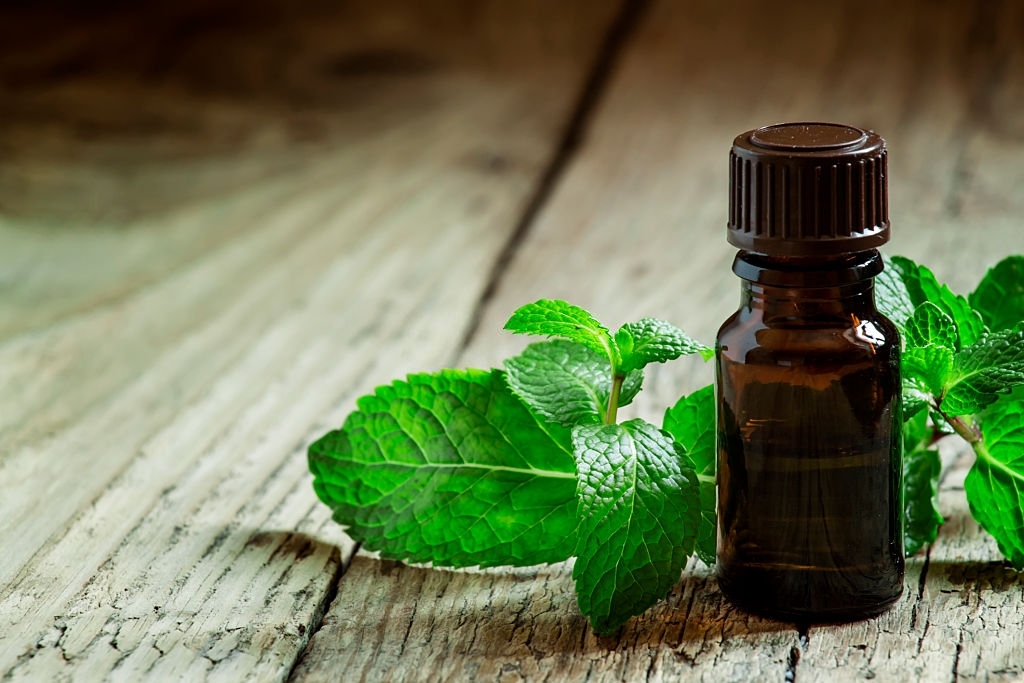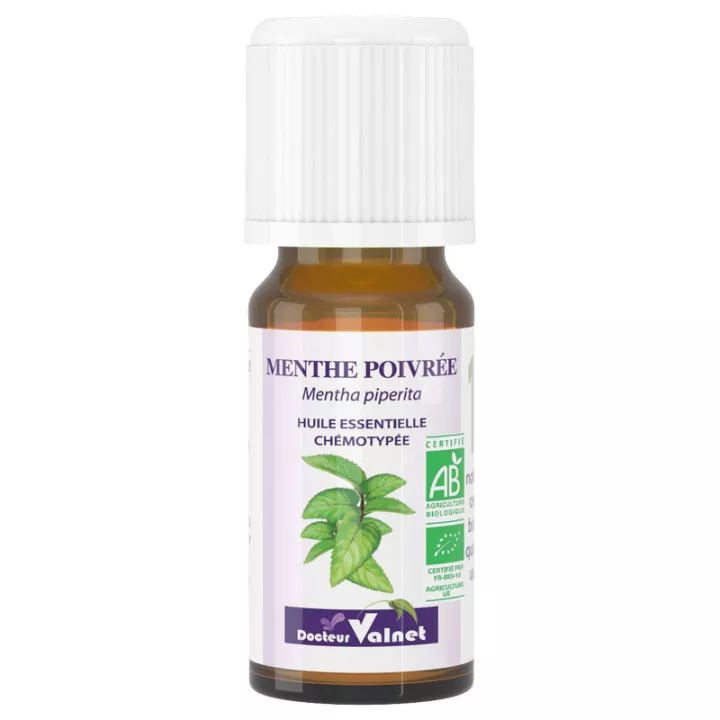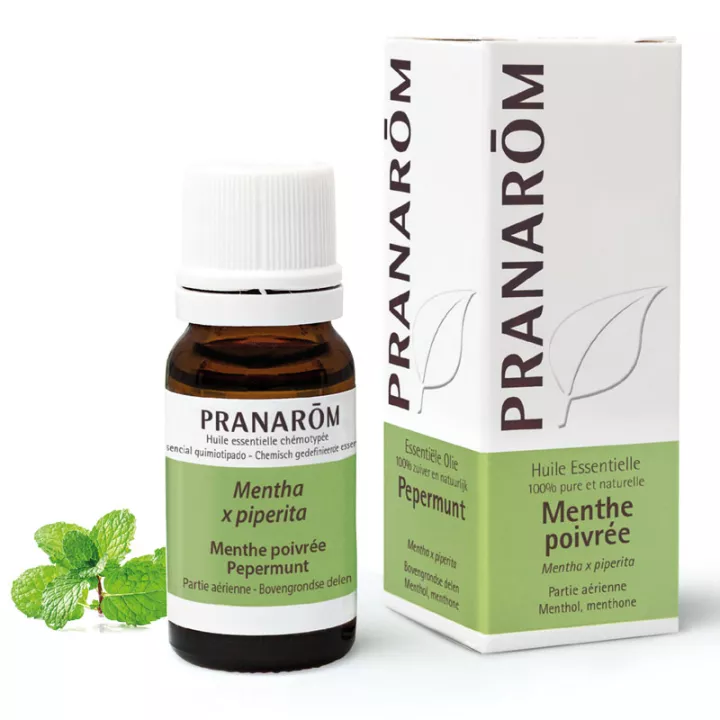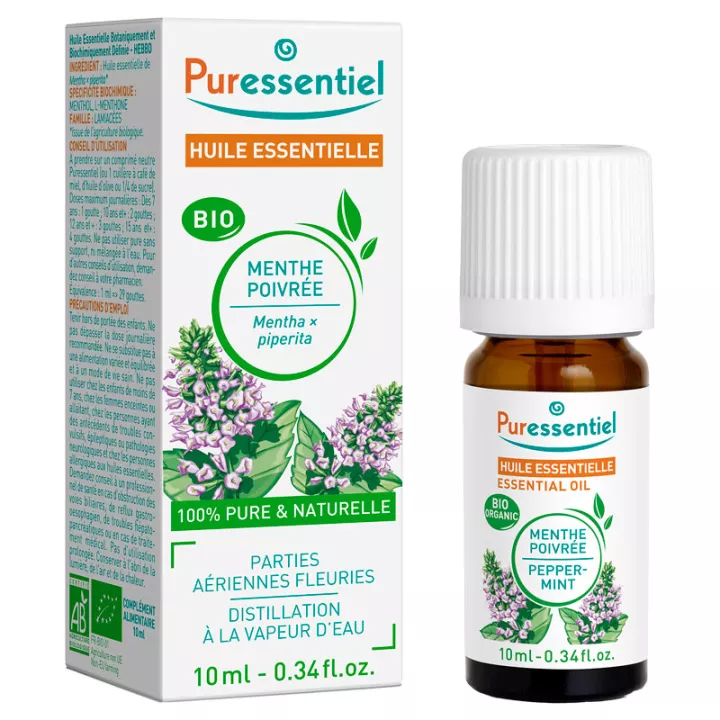It acts as a liver regulator and protector, inhibiting smooth muscle spasms caused by agents such as acetylcholine, histamine and serotonin. This action is comparable to that of atropine, with particular efficacy in reducing spasms of the sphincter of Oddi, thus promoting vessel dilation. Its relaxing property also acts on calcium channels, making it useful in the treatment of colonic spasms.
As a choleretic and cholagogue, the essential oil stimulates bile secretion and excretion, thanks in particular to its fluidifying ketones. Its blood purifying effects are manifested by theelimination of free radicals and metabolic waste products, notably those resulting from various therapies. It also facilitates colonoscope insertion during colonoscopies, thanks to its ability to reduce spasms of the large intestine.
The essential oil'slocal analgesic action is mainly due to menthol, which stimulates cold receptors and reduces sensitivity to pain. Clinical trials have demonstrated its effectiveness in treating migraine attacks, by shortening their duration. The oil's analgesic properties are based on selective activation of kappa-opioid receptors, particularly when applied topically. The oil's anti-inflammatory and immunomodulating effects have proved effective against Schistosoma mansoni infections.
On the antimicrobial front, this essential oil shows significant antibacterial activity against several pathogens, including Staphylococcus aureus, Neisseria meningitidis, Salmonella enteridis and Listeria monocytogenes. It also acts against acyclovir-resistant HSV-1 and HSV-2 viruses, and has antifungal properties against Trichosporon ovoides. The menthol contained in the essential oil also plays a part in reducing antibiotic resistance by interacting with the bacterial quorum sensing system, and has a remarkable antiplasmid action, particularly on Escherichia coli.
On a systemic level, peppermint essential oil has a variety of effects, such as nasal decongestion, cerebral stimulation and promotion of metabolic cellular respiration. It also has a cortison-like effect if monoterpene content exceeds 10%. It also exerts an immunostimulant effect, boosting innate immunity and humoral response, and has secretolytic and astringent properties. Menthol, the predominant active ingredient, has an antispasmodic effect on muscular fibers of the digestive and respiratory systems of animals. Cutaneous application of peppermint essential oil generates a sensation of cold, modulating the sensitivity of pain receptors.
Thanks to its active components, peppermint essential oil contributes significantly to various pharmacological functions, making it useful in a wide range of therapeutic applications.
We also offerRavintsara essential oil from the specialist aromatherapy laboratory Dr Valnet, at the best price in our online pharmacy.










